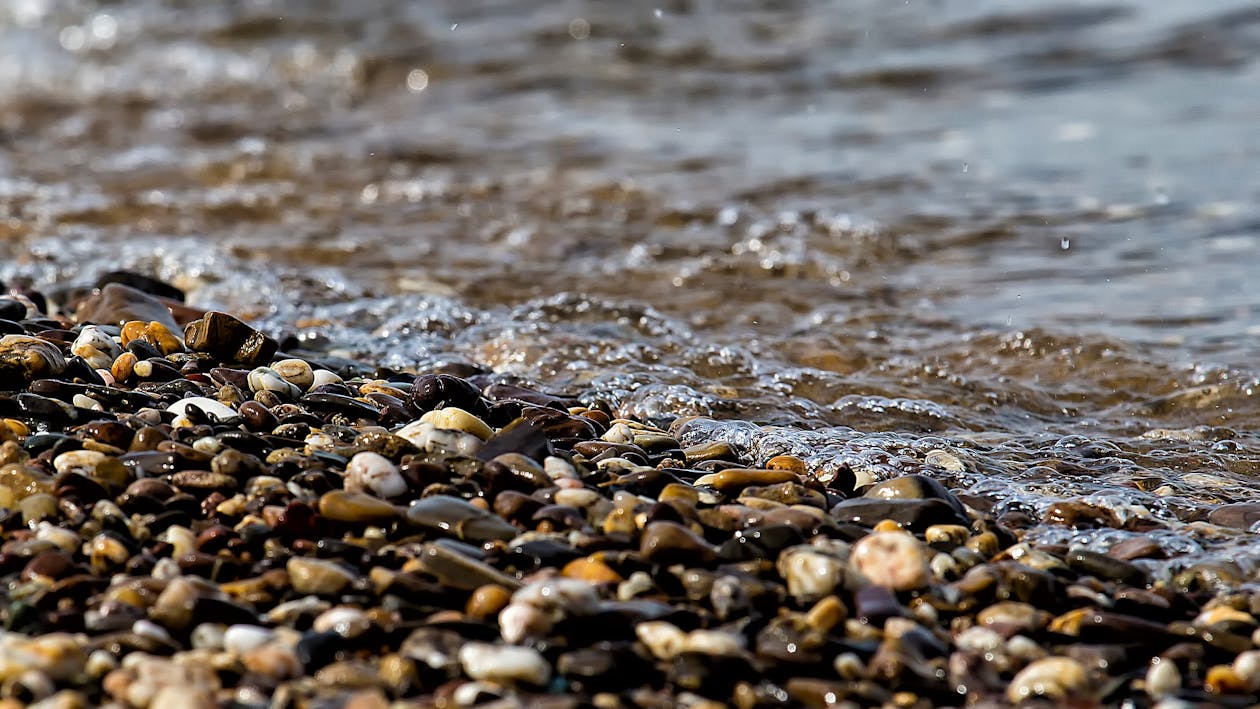Hydropolitics is a growing discipline in its own right. In simple words water politics is defined as Hydropolitics. The first use of the term, hydropolitics, came in the book “Hydropolitics of the Nile Valley”. Arun P. Elhance's definition of hydropolitics is "the systematic study of conflict and cooperation between states over water resources that transcend international borders"
It is a universal belief that water is shrinking but the demand is increasing due to the high population growth worldwide. Water politics became an essential part of Post – 2015 agenda, because water issue is a threat to international security. It is a mutual concern of international community that wars in 21st century will be on water unless it will be managed properly.
We have made Law of the seas in which we give water rights to states but still the needs of general population is unfulfilled. Even though scholars continue to talk about per capita water-availability numbers, ordinary water users at the local level tend to know that water scarcity is really mediated by social power relations.
GIWEH would encourage professionals and researchers with relevant background to undertake research on following topics but not limited to:
-
Hydropolitics and Peace building
-
The conflict and cooperation potential of water in the War Zones
-
Hydropolitics and Conflict management in Trans boundary River Basins
-
The Water-Energy-Food-Climate Nexus (Case Studies)
-
Economic and Social Development with reference to different water conflicts worldwide

Examples of GIWEH’s research and how it influences our work are found below:
Thematic Reports
• Water Resources Management in the Western Balkan Region
Projects
• Water for Peace
• GIWEH’s Water Award 2009
• Sustainable Water Use and Management: Leadership for Positive Change
• GIWEH’s Water Award 2011
• 3rd ICWRE Conference: “Role of Governance in the Management of Water Resources and Environment”
• Water Governance
Capacity Building & Trainings
• Water Governance Great Lakes Program
• Program Maghreb
• Water: One Source, Different Perspectives
• Capacity Building in International Relations
• Water Governance Great Lakes Program, 2nd Training